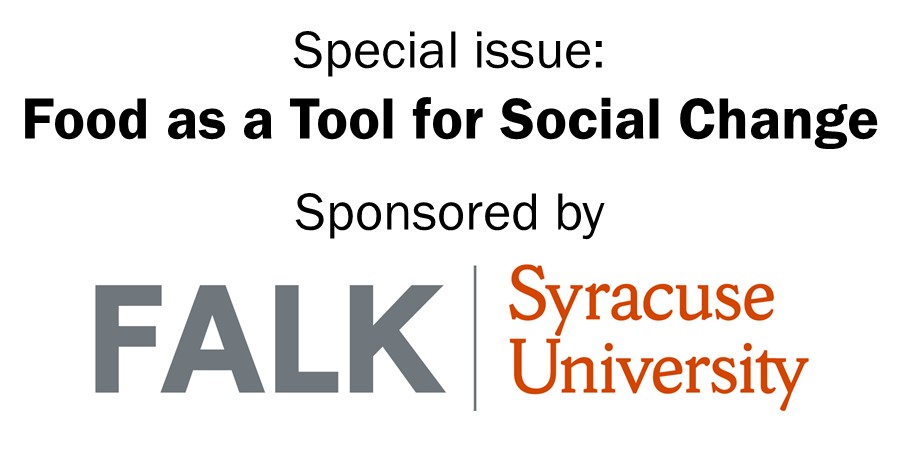COVID-19, food insecurity, and diet-related diseases
Can syndemic theory inform effective responses? A case study
DOI:
https://doi.org/10.5304/jafscd.2021.104.028
Keywords:
Syndemic, Food Insecurity, Diet-related Diseases, COVID-19, Pandemic, Community Mobilization, Municipal Government, Food System ChangeAbstract
New York City was hit hard by the COVID-19 pandemic. Although the immediate health burden was devastating, we posit that its long-term impact will be even greater, because the rapid spread of COVID-19 both depended on and exacerbated other deep-seated inequities related to food and broader living conditions. Using the Bronx as a case study, we explore the intersection of the pandemic with two other persistent problems: food insecurity and diet-related diseases, a constellation we label the COVID-Food Syndemic. Syndemic theory focuses on the common causes and biological and social interactions between two or more health problems. We hypothesize that with its focus on the common social causes of ill health, this approach can inform and strengthen the synergies between community-based, activist-driven solutions and municipal government responses, thus reducing the burden of ill health in the Bronx. We suggest that combining these two approaches can more fully mobilize the social changes that are needed in the food system and beyond to interrupt the fundamental drivers of this syndemic and capitalize on the respective strengths of government, civil society, and activists.
Metrics

Downloads
Published
How to Cite
Issue
Section
Categories
License
Copyright (c) 2021 J. Robin Moon, Craig Willingham, Shqipe Gjevukaj, Nicholas Freudenberg

This work is licensed under a Creative Commons Attribution 4.0 International License.
The copyright to all content published in JAFSCD belongs to the author(s). It is licensed as CC BY 4.0. This license determines how you may reprint, copy, distribute, or otherwise share JAFSCD content.












